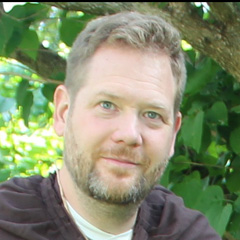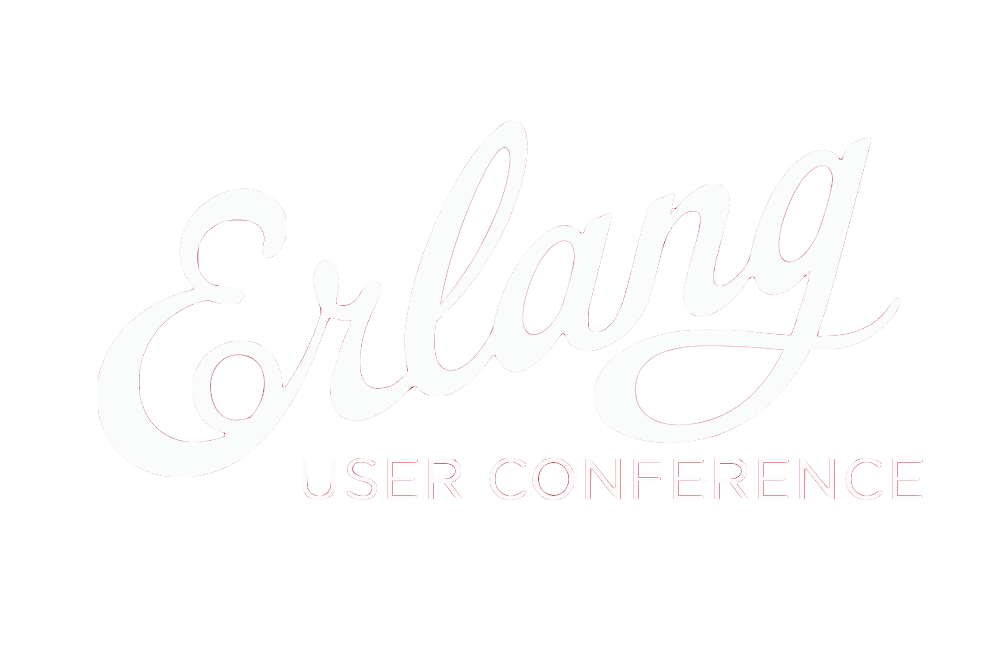
Abstraction Considered Harmful (and other opinions about writing maintainable code).
Erik StenmanCEO at HappiStudios
Abstraction Considered Harmful (and other opinions about writing maintainable code).
Since I started programming I have enjoyed higher and higher levels of abstractions in programming languages from 6502 Assembler, via C, Pascal, Basic, Lisp, ML, Scala to Erlang. For many years I also got into a habit of writing frameworks and abstractions in a misguided attempt to live up to the DRY principle. In the last decade, I spent more and more time reading, debugging and maintaining code than writing new code. This has opened my eyes to the real meaning of DRY and other abstractions. Really successful programs are written once and read thousands of times; this
Talk objectives:
Make you think about how to write maintainable code.
Target audience:
Developers writing (Erlang) code for long running servers.
SlidesVideo
About Erik
Erik Happi Stenman has been programming for fun since 1980, and for profit since 1989 when he started his first company. He received his Master of Science in Computer Science in 1996 from Uppsala University. Erik was one of the driving forces behind the the High Performance Erlang project (HiPE) from the start in 1996 until he successfully defended his Ph.D dissertation against opponent Simon Peyton-Jones. During his post-doc as a project manager in Martin Odersky’s Scala group he helped bringing the project to a successful release of Scala 1.0. Before joining Klarna (then Kreditor) he worked at Virtutech with low-level optimizations of Virtutech Simics. As Head of Development, CTO and Chief Scientist at Klarna Erik was responsible for the development and operation of Klarna Online, a system providing creative payment solutions to Internet shops. He also built up the Engineering Department at Klarna from the start, and from 1 to about 80 people. Currently (2016) Erik is writing a book about the Erlang Runtime system for HappiHacking. He is also programming board games and a board game engine for HappiStudios. In his spare time he is managing an investment company (Vexilla) and sitting on the board of a real estate startup (Doorling) and an Italian food import company (Apuliens Smak). GitHub:
happi
Twitter:
@erik_stenman
